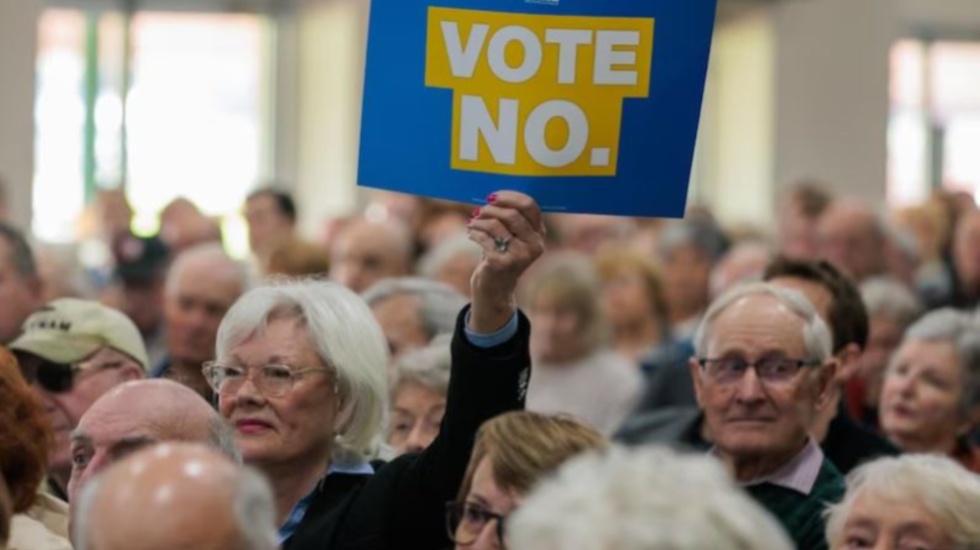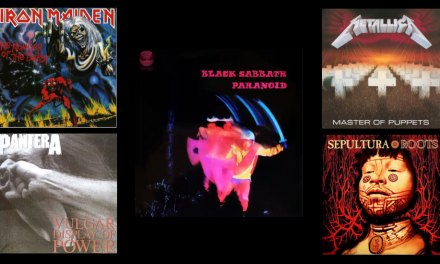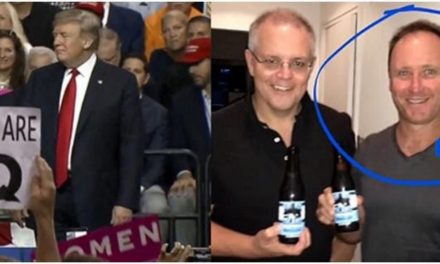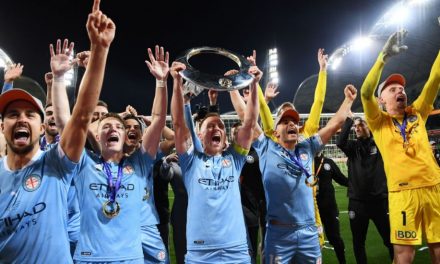The destination the Voice was trying to reach is still there. As it has been through two centuries of inequality and injustice.
I was driving along the backroads of western Ireland pre-GPS and internet, a next to useless map beside me. I was lost. A farmer was mending his fence by the road and I stopped to ask him how to get to wherever I wanted to go (the town escapes me now), he looked up and said, with an expression as if he was dealing with an idiot, “Well, you don’t get there from here.’’ And then he went back to mending his fence. I was dismissed. By sheer luck, and perseverance, much later I arrived at my destination.
Looking back, the farmer was right, and he was wrong. He was right because you had to go somewhere else first to get there, maybe many places, and he was wrong, because, well I got there. His dictum re-entered my brain this past week.
I was thinking of history. I was thinking of the defeat of the referendum.
You can’t say what history should have been. Well you can, but here’s the self-evident rub, it changes nothing. There is a mini-industry in publishing and historical thought based on the positing of What If? It’s a parlour game, fascinating, mysterious and full of wonder. For instance, what if either of Hitler’s two applications to study at the Academy of Fine Arts in Vienna had been accepted? What if Stalin had stayed with his poetry?
And closer to home, what if James Cook had got to New Zealand, thought this will do us, turned around and went home?
But of course he didn’t and 250 years later we went to the polls on the weekend to mark our ballots Yes or No on an Indigenous Voice to parliament.
How much did knowledge of the country’s past play in how Australians voted on Saturday? Not as much, it would seem, as would impel a majority of people and states to change the Constitution. We live, of course, in the here and now and as the referendum vote has shown, history’s pull does not compel everyone to move in the same direction or down the same road.
From that follows the question, How much of the river of history do we swim in? Swimming upstream back to the river’s source is tough work. It’s time-consuming, its eye-watering and what you find may not be what you were expecting. But it cannot be changed. It’s too much, of course, to expect everyone to be historians. Everyone carries their past in their pocket. But what they don’t carry is everyone else’s past. It’s too wide a river to cross. Which is where Opposition Leader’s Peter Dutton’s refrain of ‘’if you don’t know, vote No’’ comes in. He repeated the thought on Saturday on social media: the Voice was “risky, unknown, divisive and permanent”.
On television he elaborated: “It’s a very significant change that’s proposed to our Constitution, and if I thought it was going to provide the practical outcomes in Indigenous communities, then it would be a different story. I just think it’s going to be another layer of bureaucracy.
PLEASE HELP US CONTINUE TO THRIVE BY BECOMING AN OFFICIAL FOOTYOLOGY PATRON. JUST CLICK THIS LINK.
“I think whilst instinctively you want to help Indigenous Australians, you want to make sure that if you’re going to put a new chapter in the Constitution that is permanent, that lasts there forever, no law that the parliament can pass can out-manoeuvre the words in the Constitution, you can’t change the Constitution by an act of parliament, and that’s why it’s incredibly important to get it right.”
He seems to have missed the point. The permanence of the Voice would have been its strength. Still, in missing the point he scored the goal, and the Voice is history.
It would not have been too much, surely, to expect everyone to accept the incontrovertible, and for that to be enough. The Indigenous people of this continent were colonised, dispossessed, massacred, stuffed into moulds of the “civilised” shape by the instruments of empire. This is beyond denial. This is beyond the scales of argument where the interpretation of events is a minefield, and who you listen to, and take notice of, fuelled by your own preconceptions and prejudices, can tip the scales to a filtered view of the past.
As to the referendum, however much the Yes campaigners advocated that it was about recognition and a step towards righting past wrongs, and of giving First Nations people a voice to federal parliament, instead of a whispering in the wind or an angry shout or despairing muttering of the plight of their lives, the No voters did not view it through the same lens. The division was already there before this vote was proposed. The referendum did not split the nation into us and them. It was already split.
Over the past few months, history became both the driver and the shadow into the future.
Yes proponents saw it as the vehicle for change. No advocates perhaps felt that, to quote Bob Dylan’s masterpiece of paranoia Ballad of a Thin Man, something was happening here but they didn’t know what it was. And despite whichever elements fed into each decision, whether it be base racism, ignorance, uncertainty of the vote’s consequences or mere self-interest, the safe thing to do to maintain the status quo of their own lives and the nation was to do nothing.
But now what of the destination that the Voice was trying to reach? It is still there. As it has been through two centuries of inequality and injustice. How to get there now means we as a nation just don’t get there from here in this grey landscape of the days after the failed referendum.
Prime Minister Anthony Albanese said on Saturday that the vote was “an opportunity for Australians to show kindness, to say I know – as the 97 per cent of Australians know – that they won’t be impacted directly by this. It won’t have an impact on their lives directly, but it might just make a difference to the 3 per cent of Australians who are Indigenous.
“This is an opportunity to [create] history and be on the right side of history. We are the greatest country on Earth. We will be a little bit greater if we acknowledge the first Australians.”
To reach the right side of history can be an unforgiving journey. It doesn’t mean, however, we should give up. To do otherwise would be to admit that we really do live nowhere, and that we can’t get there from here.











